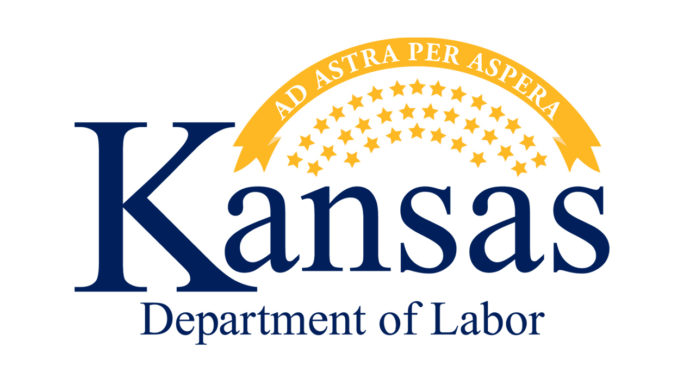Republican lawmakers on Wednesday pushed administrators at the Labor Department to reveal how much the state has paid out in fraudulent unemployment claims.
Officials at the Labor Department say they have stopped more than 250,000 fraudulent claims, most of those in the Pandemic Unemployment Assistance program that generally helps self-employed workers and independent contractors.
But lawmakers on the House Commerce Committee struggled to get an idea of how much in fraudulent claims has been paid out, even as officials acknowledged they are seeing a ballooning number of fraudulent claims.
“I know you’ve stopped a lot,” said Republican state Rep. Kyle Hoffman of Coldwater.
“You should have an idea, a little bit, of how much has been paid out,” Hoffman said.
Labor officials said they are working with legislative auditors to come up with that number but said any details provided Wednesday would have been guesswork.
Former Acting Labor Secretary Ryan Wright said the agency doesn’t have the analysis tools it needs to develop that information immediately.
The agency expects to have those tools in place in several weeks and hopes to provide an estimate about what’s been paid out in fraudulent claims
“Anything that we would forecast at this point would be wildly off the mark,” Wright said.
“It’s not us trying not to answer the question,” he said. “It’s us not having those tools yet.”
The Labor Department noted that other states have estimated fraudulent claims payouts at anywhere from $8 million in Arizona and Wisconsin to $242 million in Massachusetts.
The losses in Michigan have been estimated at $200 million and $18 million in Rhode Island.
Brett Flachsbarth, the acting Labor Department secretary, said the agency also has concerns about providing data from a 40-year-old computer system that needs upgraded.
“We have a lot of data-quality errors,” Flachsbarth said.
“That goes back to the system component of this in terms of ensuring the data that we have within our system is accurate.”
Legislators also tried to understand how much of a recent spike in unemployment claims can be attributed to fraud.
The number of continuing unemployment claims in Kansas has increased to about 104,000 as of Jan. 9, up from about 93,000 a week earlier and more than double since mid-November.
“Do we have an idea about what the real unemployment number is?” Hoffman asked.
Labor officials said some of the increase could be blamed on fraud but added that most of the fraudulent activity is concentrated in the Pandemic Unemployment Assistance program, not the regular unemployment system.
“You will find the vast majority of regular claims are valid, although we are seeing different spikes and upticks in fraud on the regular unemployment system as well,” Flachsbarth said.
Wright said fraudulent activity could show up in the data for continuing claims but added that there are more checks and balances in the regular unemployment system.
He added that the agency has seen a surge in calls in recent weeks for unemployment benefits, forcing the agency to hire 450 temporary employees to either answer phones or work with Kansans needing help with their claims.
A week ago, he said, the agency received 200,000 call attempts in a single day.
“In addition to the fraud aspect, we are seeing increased volumes as the unemployment rate goes up.”















